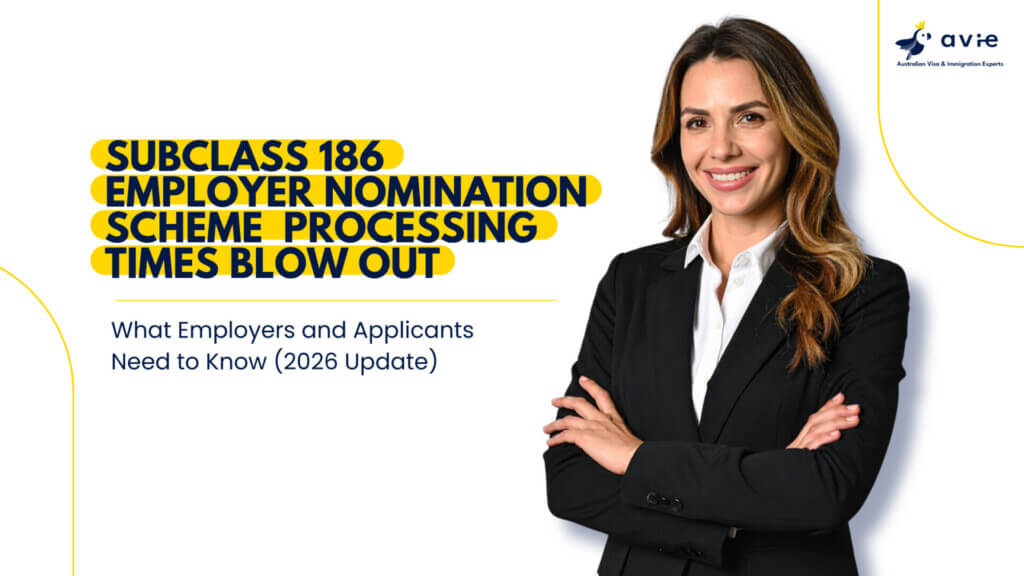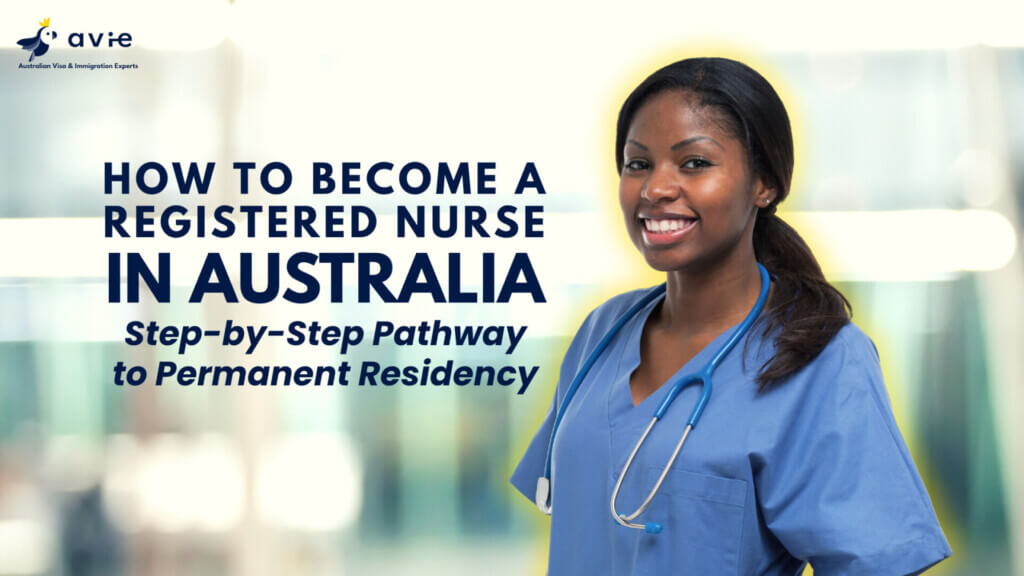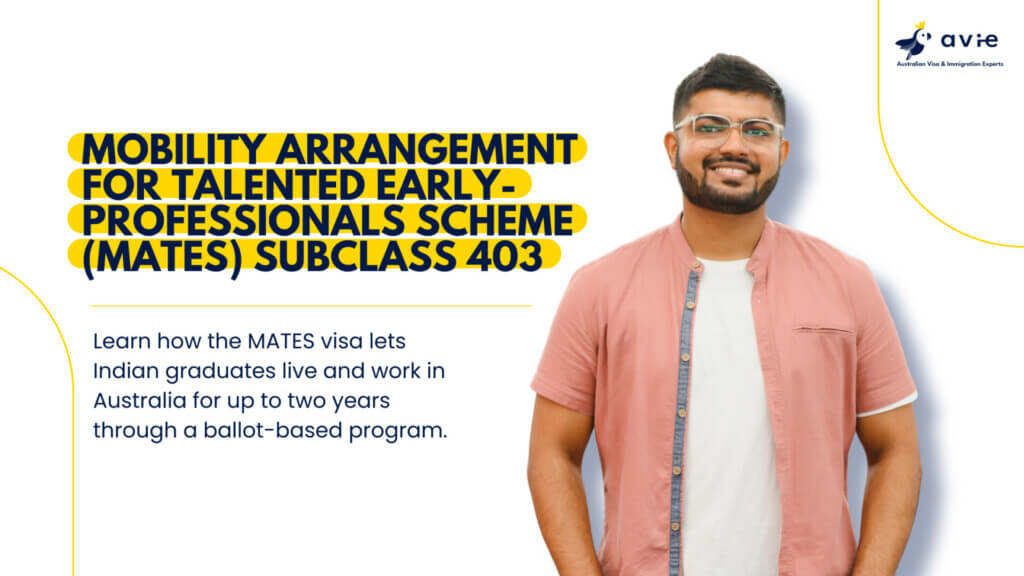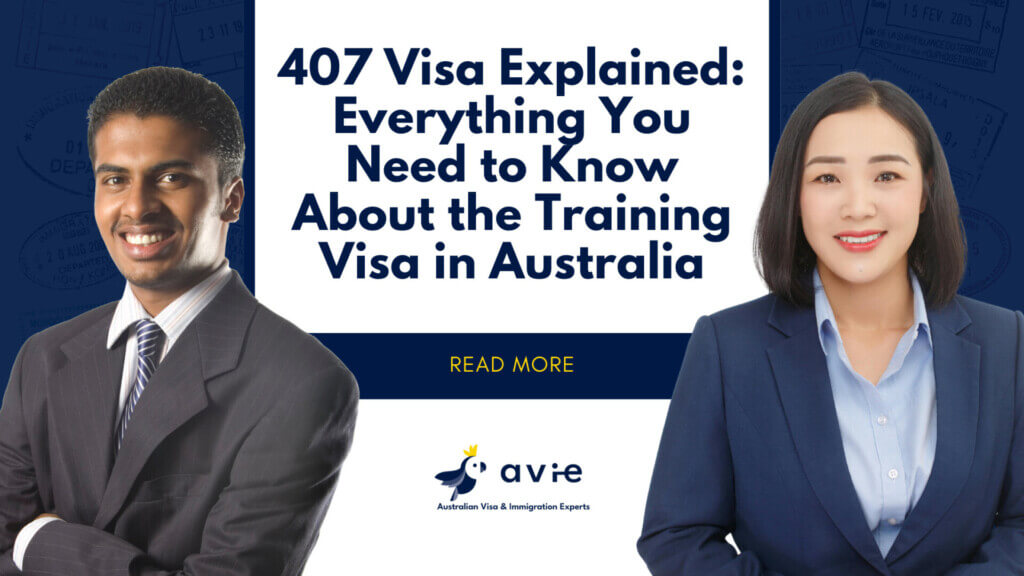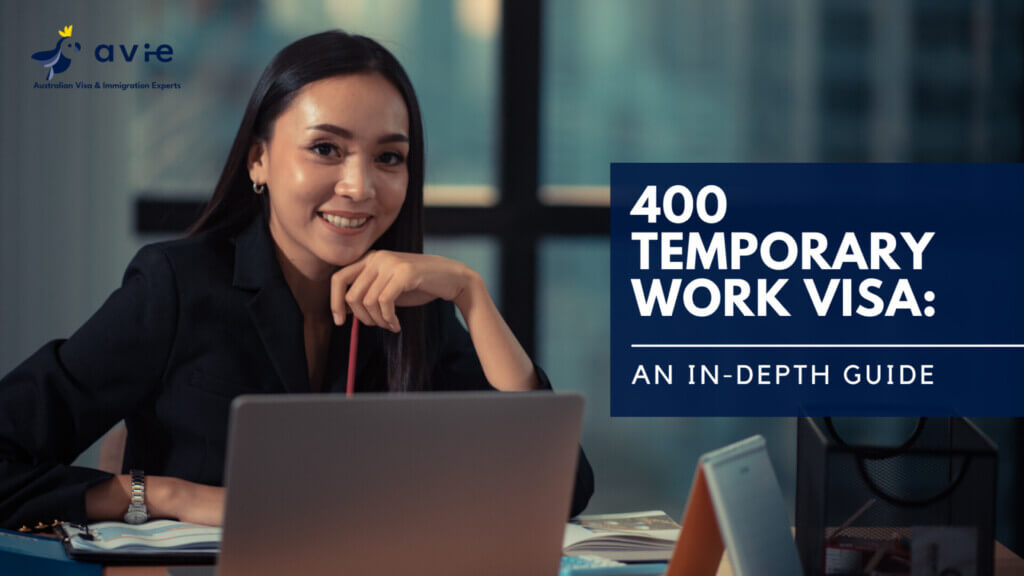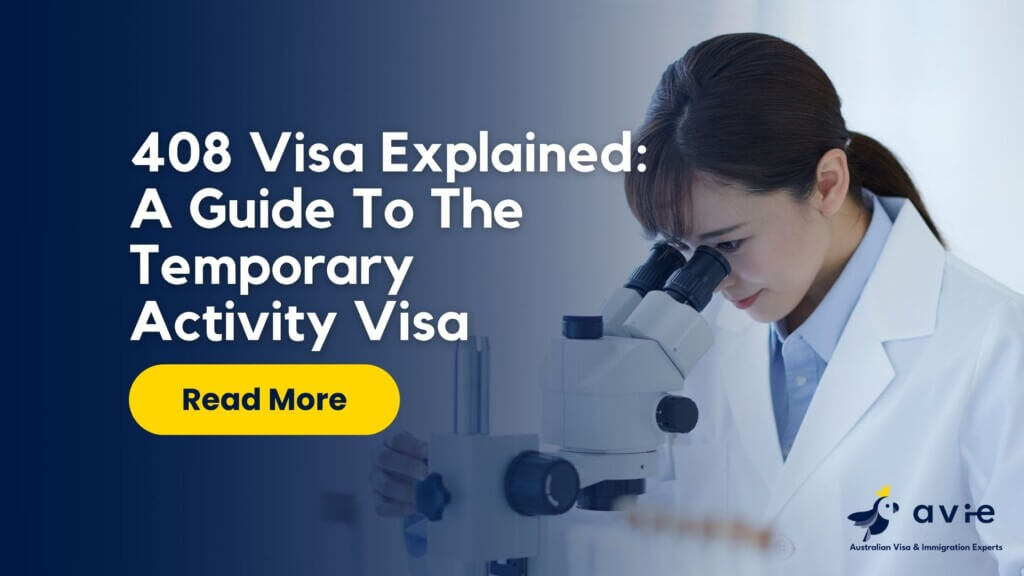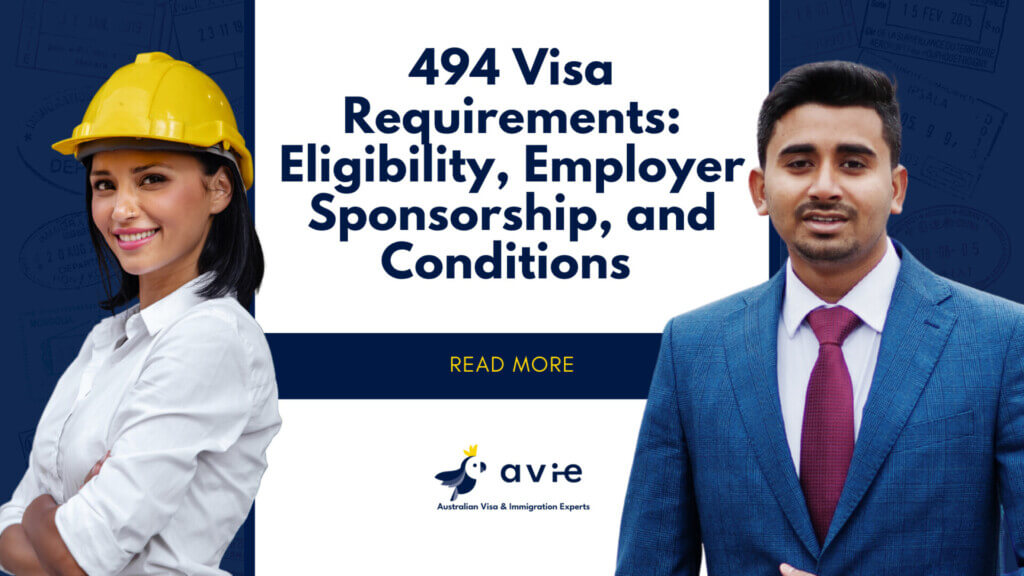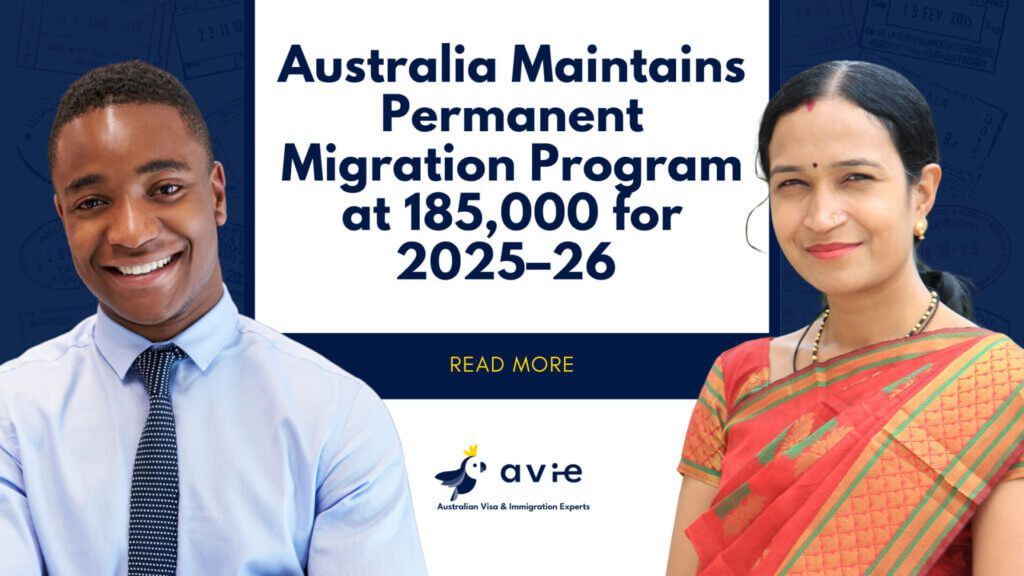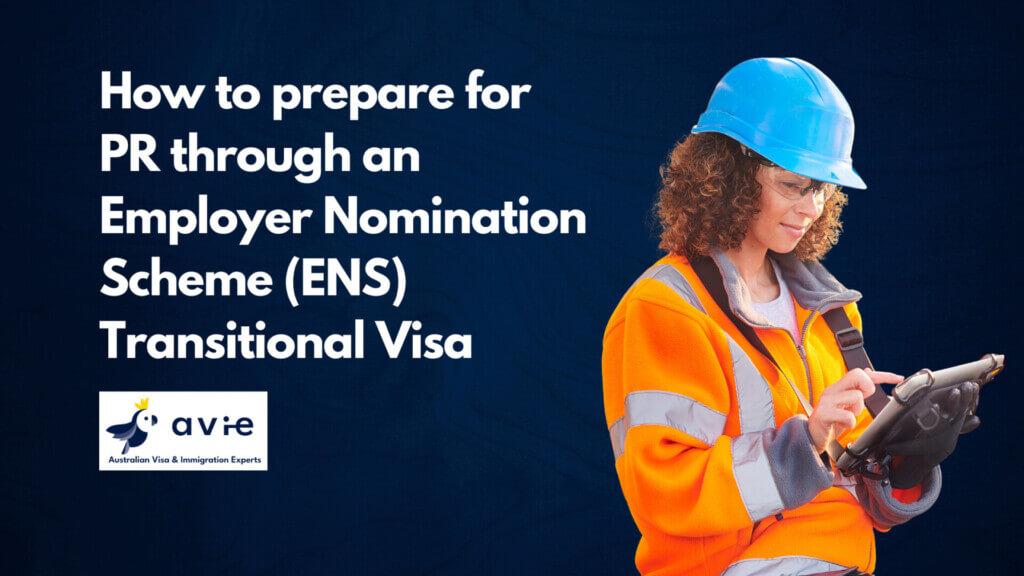

Innovation and Early Careers Skills Exchange Pilot (IECSEP)
Created by the Department of Foreign Affairs and Trade (DFAT) under the Australia-United Kingdom Free Trade Agreement, the IECSEP provides two new pathways for UK citizens to access a short-term working visa for Australia.
The pilot program is currently open until 26 September 2025. There are two available pathways; the Early Careers stream and the Innovation stream.
Early Careers Stream
To be eligible under this stream, applicants must:
- Be between 21-45 years of age
- Have completed a tertiary qualification (this can include trades)
- Demonstrate at least 3 months’ work experience that is relevant to the prospective occupation in Australia, at ANZSCO Skill level 1-3.
- Prove they have a legitimate job offer
- Evidence at least AU$5,000 in savings
Visas under this stream can be granted for up to 12 months.
Innovation Stream
To be eligible under this stream, applicants must show that they are highly skilled and experienced, with a demonstrated contribution to innovation. They must also:
- Have a firm job offer in an occupation at ANZSCO Skill level 1.
- Be able to show $5,000 in savings
- Provide evidence of their work experience, accolades, and innovation in their field.
There is no age limit for the Innovation stream.
Visas granted under this stream can be valid for up to 3 years.
Benefits
- Applicants can be inside or outside of Australia to apply for a visa under the IECSEP program
- There is no limit on occupation, as long as it falls into the ANZSCO skill level classifications required
- Part-time work is acceptable
- Employing businesses do not need a Standard Business Sponsorship, undertake labour market testing, incur the Skilling Australia Fund levy, or pay a wage equivalent to TSMIT. No employer sponsorship is required.
Restrictions
- This visa cannot be renewed, and only one visa can be granted per applicant under the pilot program.
- It is not possible to include family members in the application. Adult family members can apply for their own visa under the pilot, if eligible.
Skills Development Exchange Pilot (SDE Pilot)
Developed by DFAT in line with the Indonesia-Australia Comprehensive Economic Partnership Agreement, this pilot program is for Indonesian and Australian organisations to send employees for work placements in the other country of up to 12 months at a time.
The SDE Pilot program is currently open to 30 June 2028.
Workplace Requirements
Businesses in Australia can access workers from a related Indonesian business to undertake a work placement in the following sectors:
- Agribusiness and food processing
- Creative economy
- Financial and insurance services
- Green economy
- Information media and telecommunications services
- Mining, engineering and related technical services
- Tourism and travel related services
Businesses can be related via shared ownership, as a branch of the same organisation, established partnership arrangements, or within certain Australian-Indonesian membership groups.
The role on offer must be defined as ANZSCO Skill level 1-3.
Applicant Requirements
To be eligible to apply under the SDE Pilot, applicants must:
- be located outside Australia
- be over 18 years of age (there is no maximum age)
- evidence current employment on a full-time basis with the sending organisation
- have sufficient skills and experience for the role
- satisfy any licensing, registration, or certification requirements, if in a regulated occupation
- demonstrate adequate language proficiency
- provide supporting letters from the Indonesian and Australian organisations
Family members cannot be included in the application.
It is possible to obtain a further 403 visa under this program, however, Indonesian applicants must first return to their original place of employment before re-applying. It is not possible to renew a visa under this pilot while still in Australia.
Host Company Obligations
Employing businesses do not need a Standard Business Sponsorship, undertake labour market testing, incur the Skilling Australia Fund levy, or pay a wage equivalent to TSMIT.
However, they are responsible for organising and paying certain costs, including:
- travel costs
- fees for formal training to be undertaken during the placement
- a salary consistant with local workers
- private health insurance
- workplace insurance, where applicable
A declaration that the business will meet the above is required as part of the application process.
Mobility Arrangement for Talented Early-professionals Scheme (MATES)
A visa pathway for Indian graduates and early career professionals to live and work in Australia for up to 2 years. It does not require any form of employer sponsorship or support.
Applicants must be selected in a ballot to apply. There are 3000 primary visa places available under this program each year.
Ballot registration is not yet open for the 2025-26 program year.
Ballot and Visa
To be eligible to register for the MATES ballot, applicants must:
- be aged between 18 – 30 years (inclusive) at the beginning of the ballot registration open period for that process
- hold a valid Indian passport
- hold a valid permanent account number (PAN card) issued by the Indian Government
- have a valid email address
There is a registration fee of $25 payable. Applicants may only register once per ballot period.
Once a ballot registration is received, applicants have up to 30 days to lodge a Subclass 403 visa application.
It is possible to include family members in this application. They do not form part of the 3000 places available and do not require a separate ballot.
All applicants must meet health and character requirements, and satisfy Immigration that they are a genuine temporary entrant.
Recent Graduate
Applicants must have completed at least a Bachelor degree or higher qualification:
-
- Within 2 years of the ballot registration open period
- From an eligible education institution in the Top 100 of the National Institutional Ranking Framework (NIRF) India Rankings Overall 2024 List.
- Related to one of the following industries:
- renewable energy
- mining
- engineering
- information communications technology
- artificial intelligence
- financial technology
- agricultural technology
English
Within 12 months of applying for the 403 visa, applicants must sit an English test and obtain the following scores:
- Overall IELTS band score score of at least 6.0, with no less than 5 in each component in each of the four test components.
- Overall PTE Academic test band score of at least 50, with at least a score of 36 in each of the four test components
- OET test score of at least C in each of the four test components
- Total overall score on TOEFL iBT test of at least 64, with at least the following scores in the four test components: 4 for listening, 4 for reading, 14 for writing and 14 for speaking
- Cambridge C1 Advanced – overall test score of at least 169, with a score of at least 154 in each of the four test components.
Test results must be in a single sitting (unless the test was an OET) at an authorised testing centre. Online or at-home versions of the tests are not accepted by Immigration.
How much does a 403 visa application cost?
As of 1 July 2025, the government application fees are as follows:
Government Agreement Stream Visa Application – Main Applicant – $375
MATES Stream Visa Application – Main Applicant – $375
MATES StreamVisa Application – Dependent Applicant over 18yrs of age (each) – $375
MATES Stream Visa Application – Dependent Applicant under 18yrs of age (each) – $95
How long does a 403 take to process?
As of 2 February 2026, Immigration advises the current processing times are as follows:
| Application Type | 50% processed within | 90% processed within |
| Domestic Worker | 55 Days | 80 Days |
| Foreign Government Agency | 89 Days | 4 months |
| Government Agreement | 7 Days | 47 Days |
| MATES | 86 Days | 4 Months |
| Pacific Australia Labour Mobility Scheme | 12 Days | 21 Days |
| Privileges and Immunities | No data available |
Why Choose AVIE for Immigration Services?
![]()
![]()
Personalized Guidance – Every migration journey is unique, and we provide tailored advice to match your circumstances and goals.
![]()
![]()
![]()
![]()
![]()
![]()
Avoid Mistakes – Avoid costly delays and reapplications—our expertise ensures visa applications are done right the first time.
![]()
![]()
Stress-Free Process – We handle the complexities of visa applications, so you can focus on planning your new life in Australia.





















